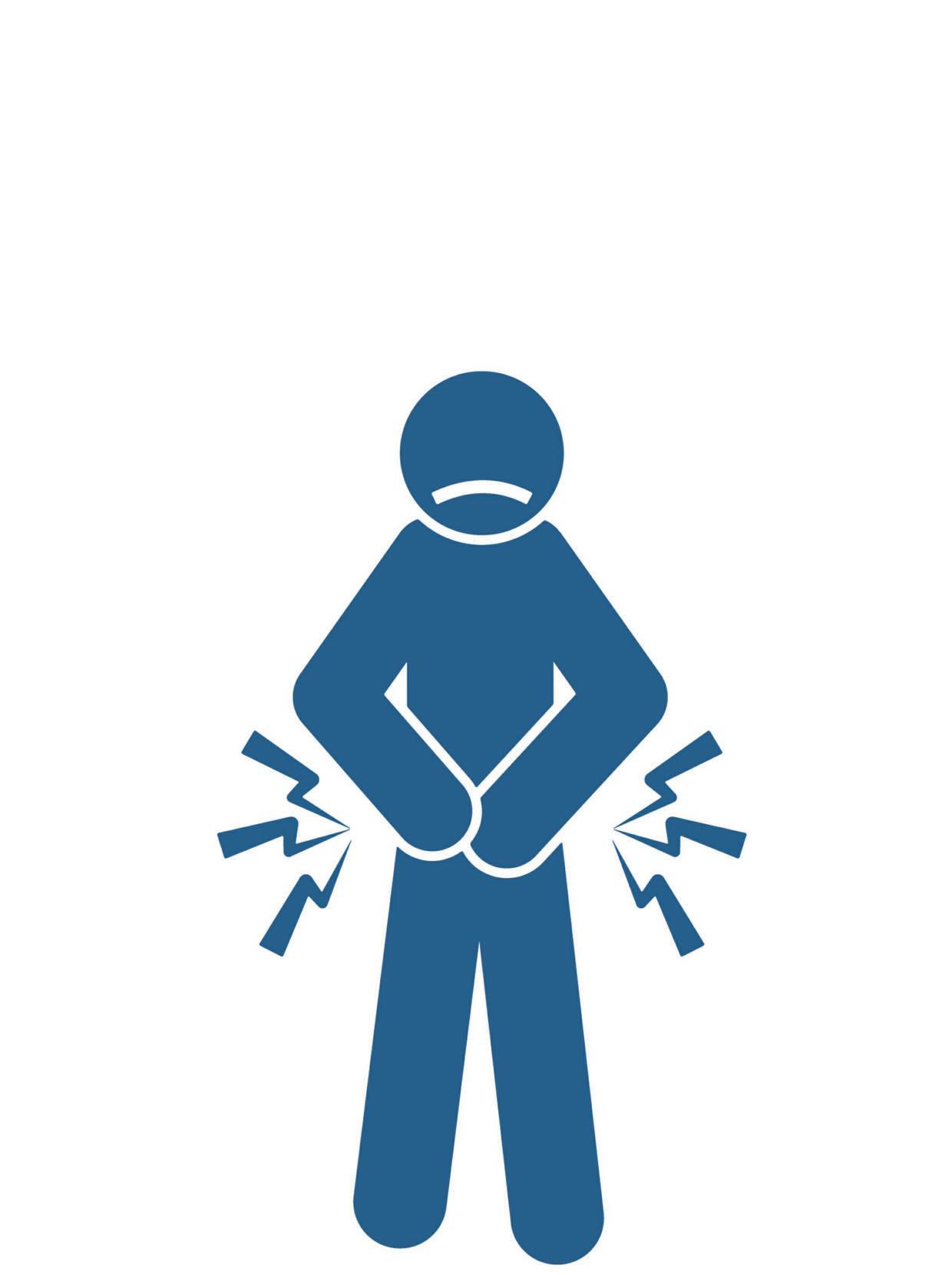
4 minute read
Men’s Health Prostate Problems
The prostate is a small, walnut sized gland. Part of the male reproductive system it is located below the bladder and the urethra passes through it. Its function is to transport and nourish sperm and produce seminal fluid. As the prostate is largely unnoticed, a healthy prostate is rarely thought about and largely ignored. It is only when something goes wrong that we pay attention and start to consider what may have caused the problem and how to get better. The main complaints that tend to occur are Benign Prostatic Hyperplasia (BPH) which is an enlarged prostate, Prostatitis which is usually an acute infection of the prostate, or Prostate Cancer.
Benign Prostatic Hyperplasia (BPH) BPH is the prostate problem most commonly found in men over the age of 50 and over 90% of men over 80 years old have BPH. Men with hypertension, obesity, with erectile dysfunction, sedentary lifestyles, with a family history of BPH, and who have Type 2 Diabetes, are more at risk of BPH.
Advertisement
BPH doesn’t mean that the prostate is cancerous. It refers to the enlarging of the prostate gland which then presses on the urethra and can interrupt urine flow due to the narrowing. With this the bladder wall can get thicker which over time can lead to men not being able to empty the bladder completely of urine. It is not properly understood why BPH develops, however it has been noted that men who do not make dihydrotestosterone, which is a kind of testosterone involved in the development and growth of the prostate in younger men, do not develop BPH.
Symptoms that occur as a result of this process include:
Difficulty urinating despite effort
Dribbling at the end of urination
Nocturia (waking at night to urinate)
Sensation that the bladder isn’t emptied
Weak stream of urine or several interruptions in the flow
Frequent urination
Complications can include urinary incontinence
Always seek immediate medical attention if you have haematuria (blood in the urine). This can mean there is BPH but it can also indicate more serious conditions that need urgent attention.
Prostatitis
There are a number of different kinds of prostatitis. The term refers to inflammation of the prostate gland. Prostatitis is not a cancerous condition. Chronic prostatitis can herald symptoms that come on suddenly and without warning. The causes of this are usually unknown and they can disappear just as quickly. Acute bacterial prostatitis is the least common kind of prostatitis. It is marked by difficulty urinating, severe pain around the genitals and lower back, and burning during urination. If this happens then contact a medical professional immediately.
Prostate Cancer
In the US prostate cancer is now the second most common cause of cancer deaths in men. If caught early, prostate cancer has a good prognosis and survival is likely, however it is often asymptomatic and slow growing and may go undetected for years.
Symptoms
Bone pain in the hips, back or chest.
Difficulty urinating
Blood in the urine
(Haematuria)
Blood in the semen
Erectile Dysfunction
Weight loss
(without trying)
Needing to urinate more frequently
Weakness or numbness in the legs
Loss of bladder or bowel control (due to compression on the spinal cordless common)
Most prostate cancers are found as a result of screening for PSA (Prostate Specific Antigen) levels. It is important to remember that men may have prostate cancer and have very low levels of PSA; this is an indicator only and not determining.
Supplements that can support a healthy prostate:
Saw Palmetto
Used in over 50% of treatment for BPH in men in Italy and over 90% of treatments in Germany. It is used to treat enlarged prostate, improve male pattern baldness, and increase libido.
Lycopene
A powerful antioxidant found in the red and pink pigment of fruits and vegetables like tomatoes. Believed by some to reduce breast and prostate cancer risk and symptoms of those who already have the cancer. Daily intakes of 9-21g have found to be most beneficial. Lycopenes may also reduce the risk of heart disease and improve cardiovascular health and some studies have shown that lycopenes reduce the experience of nerve pain/neuropathy.
Food that contains Lycopenes: (per 100g)
Sun dried tomatoes 45.9mg
Tomato purée 21.8mg
Amanda is a registered Naturopathic Nutritionist and Nutrigenomics Practitioner. Gut, Digestion and Microbiome Specialist www.amandakingnd.com
Email: nutrition@amandakingnd.com
Watermelon 4.5mg
Fresh tomatoes 3mg
Canned tomatoes 2.7mg
Papaya 1.8mg
Pink grapefruit 1.1mg
Cooked sweet red pepper 0.5mg
Pumpkin Seed Oil
Rich in zinc which is essential for a healthy prostate, this oil also contains plant chemicals that stop the action of a hormone called dihydrotestosterone. This hormone is thought to be involved in the action of the growth of the prostate. It can be particularly useful for the prostate when used in conjunction with Saw Palmetto.
DIM (Diindolylmethane)
This compound is found in cruciferous vegetables and has great benefits for sexual health, and human sex hormone regulation. It has been shown in some trials to have preventative effects on prostate cancer and BPH.
Food which contain DIM:
Broccoli
Cauliflower
Mustard greens
Brussels sprouts
Cabbage
Kale
Turnips
Collard greens
Kohlrabi
Beta Sitosterol
Sometimes used to lower cholesterol, beta sitosterol is a plant compound which might improve heart health. It is used to treat enlarged prostate (BPH) and some studies have shown that it reduces typical urinary symptoms associated with BPH, probably by its anti-inflammatory action. The effects on cancer in trials have been promising but to date there are no trials on humans, just in a lab.
References for this article are available upon request. Please always remember that advice given in this article cannot replace that of a healthcare professional. If you are experiencing any of the symptoms mentioned, please don’t ignore them and do get them checked out.









